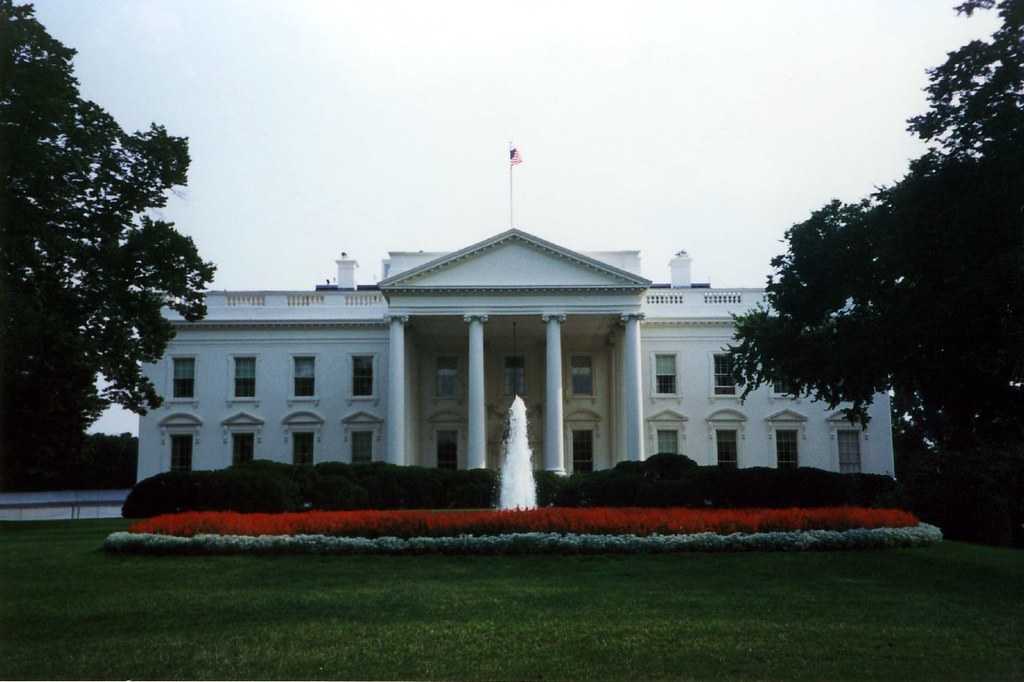Key Takeaways:
- Former White House lawyer Jim Schultz says Trump’s public comments don’t help his case.
- Selective prosecution is hard to prove because courts demand clear bias.
- Past political scandals show how rare it is to win on selective prosecution.
- Trump’s firing of a U.S. attorney and public demands may backfire.
- A judge will soon decide whether James Comey’s motion can proceed
Former advisor Jim Schultz warned President Trump that his public campaign against James Comey could hurt him. Schultz explained on CNN that Trump’s comments make it harder for prosecutors to handle the case. He argued that judges will need strong proof to show selective prosecution.
Selective prosecution means targeting one person unfairly while ignoring others who did the same. To win, a defendant must prove the prosecutor acted with a discriminatory purpose and effect. However, courts set a high bar for these claims. Schultz noted that Trump’s repeated posts on Truth Social demanding an indictment of Comey only draw more attention to the issue.
Why Selective Prosecution Matters in the Comey Case
In recent weeks, Trump demanded that Attorney General Pam Bondi charge Comey. When a U.S. attorney refused, Trump fired him. A loyalist then took over and filed charges. This sequence of events fuels Comey’s claim of selective prosecution.
First, courts look at whether other people who allegedly lied to Congress faced prosecution. Trump’s critics argue that many have made false statements without facing charges. Yet, Schultz pointed out that proving selective prosecution still remains a steep challenge.
Moreover, Comey’s team must show that the prosecutor acted with discriminatory intent. Prosecutors must have targeted Comey for political reasons, not because of evidence. Therefore, Comey’s lawyers will focus on Trump’s public pressure and the firing of the U.S. attorney.
Historical Examples of Selective Prosecution
Looking back, selective prosecution claims surfaced in other major scandals. During Watergate, prosecutors faced accusations of bias. However, courts rejected these claims because they found no clear proof of unfair targeting.
Similarly, the Iran-Contra affair saw attempts to dismiss cases for vindictive motives. Yet again, judges ruled against selective prosecution arguments. In both eras, courts demanded concrete evidence of discriminatory effect and purpose.
Thus, history shows that courts rarely side with defendants on selective prosecution. Even strong political scandals failed to meet the burden of proof. As Schultz said, “It’s really hard to meet that burden.”
How Trump’s Actions Affect the Case
Trump’s public demands and social media posts add more fuel to Comey’s motion. His Truth Social messages calling for charges against Comey stand out in court filings. Judges will consider whether these posts show a discriminatory purpose.
Also, firing the U.S. attorney who refused to bring charges raises red flags. Critics argue this move shows political interference. On the other hand, the prosecution will argue that each step followed legal authority.
Furthermore, these events may force the prosecution to defend its integrity. They must prove that they acted independently, even after Trump’s orders. As Schultz noted, the prosecutor now faces a motion to dismiss that they would not face otherwise.
Legal Challenges Ahead
First, the judge will review the motion to dismiss based on selective prosecution. The judge must determine if Comey’s team presented enough evidence. If the judge finds a valid claim, the case could be dropped before trial.
Next, the prosecution must gather records and witness statements. They will need to show that Trump’s actions did not influence the decision to charge Comey. Yet, the defense will highlight public statements and personnel changes.
Meanwhile, both sides will file more legal briefs. These documents will shape the judge’s view of the facts. Moreover, expert testimony on how selective prosecution works may play a role.
Finally, the judge will hold hearings to decide. These sessions will give both sides a chance to argue. Afterward, the judge will issue a ruling on whether to move forward or dismiss the case.
What Comes Next
As the legal battle unfolds, public attention will stay high. Trump’s critics will watch closely for proof of political bias. Trump’s supporters will argue that he fights corruption. Either way, the judge’s decision on selective prosecution will matter.
If the judge denies the motion, Comey will face trial. The trial could last months and bring further scrutiny on Trump. However, if the judge grants the motion, the case against Comey ends.
Ultimately, the outcome will shape future arguments about selective prosecution. High-profile defendants will point to this case when raising similar claims. Therefore, this legal fight could set a lasting precedent.
Frequently Asked Questions
What is selective prosecution?
Selective prosecution means a government prosecutor unfairly targets one person but ignores others who committed similar acts. Defendants must prove bias in both purpose and effect.
Why do courts set a high bar for selective prosecution claims?
Courts worry that if the bar is too low, many criminal cases could be dismissed unfairly. They require clear evidence of discriminatory intent and effect.
How could Trump’s public comments affect the case?
Trump’s social media posts and public demands may show discriminatory purpose. This could strengthen Comey’s motion to dismiss the case.
What could happen next in this legal fight?
The judge will review the motion on selective prosecution. A ruling could either end the case or allow it to go to trial.
